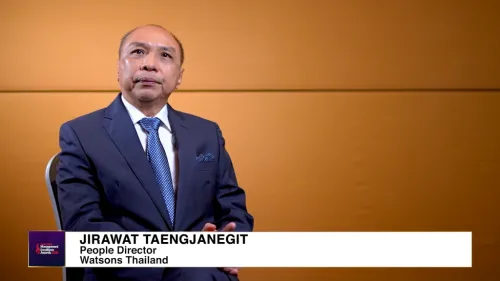
Only 4% of insurers fully trust AI agents despite growing interest
42% of insurers have yet to develop a formal strategy for deploying AI agents.
Only one in 10 of insurance organisations have partially or fully implemented AI agents, whilst another 20% are running pilot projects, according to a new report from Capgemini Research Institute
Meanwhile, 42% of insurers have yet to develop a formal strategy for deploying AI agents in their operations.
Capgemini also highlighted a growing interest in Agentic AI within the insurance sector, which forms part of a broader $450b opportunity.
However, the study reveals that most insurers are still in the early stages of adoption, and many lack a clear implementation roadmap.
Sales (52%) and customer service and support (57%) are the top areas where insurers expect AI agents to manage at least one process or sub-process daily.
Despite these expectations, trust in AI agents remains low.
Only 4% of insurance organisations fully trust the technology. The overall trust level has declined from an average of 54% in 2024 to 47% in 2025.
Privacy (50%), bias (50%), and transparency (51%) are the top risks that concern insurance firms when it comes to AI agents.
Looking ahead, 26% of insurers believe AI agents will augment human workers within one to three years, and 35% expect these agents to operate autonomously within human-supervised teams.
Programming and software development (67%) tops the list of required technical skills, while decision-making (60%) is the most critical soft skill.
However, only 8% of insurance organisations have fully embedded ethical AI principles into their operations, well below the global average of 14%.



















 Advertise
Advertise








